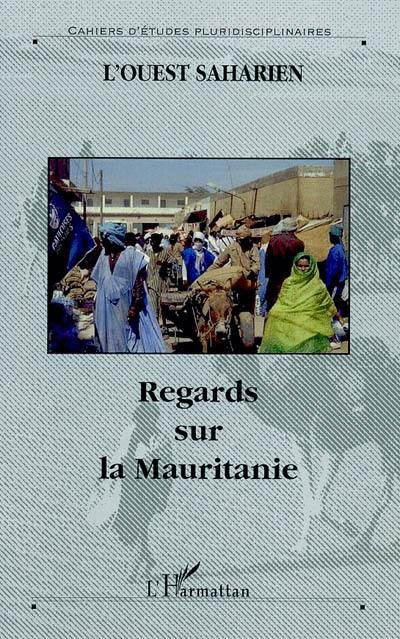
Fiche technique
Format : Broché
Nb de pages : 240 pages
Poids : 265 g
Dimensions : 14cm X 22cm
EAN : 9782747572743
Regards sur la Mauritanie
Quatrième de couverture
La Mauritanie, immense pays, vit sur une dualité ethnique: les «Bidans», Maures, et les Négro-africains, clivage arrivé au paroxysme lors des événements dramatiques des années 1980.
Qu'en est-il de cette déchirure?
Ce quatrième volume des Cahiers de l'Ouest saharien tente une approche de la douloureuse réalité sociale mauritanienne. Il s'efforce d'en donner un nouvel éclairage, à travers les contributions d'auteurs mauritaniens, qui ont étudié la place et l'influence des ethnies et des tribus sur les processus électoraux et la vie démocratique. Des témoignages sur la situation des esclaves et des haratines, les esclaves affranchis, des représentations sociales et imaginaires issues du passage du colonialisme français, confirment que la formation de l'Etat mauritanien s'est déroulée sur fond d'une difficile cohabitation entre les divers groupes sociaux et de violations massives des droits humains. L'Etat n'a pas joué son plein rôle d'instance d'intégration.
Seules la démocratie et l'égalité entre les stratifications sociales peuvent permettre une détribalisation de la vie politique dominée par les Bidans, pour épargner à cette république un autre dérapage.
Mauritania, an immense country, is living on an ethnic duality: the «Bidans»
- Moors - and the black Africans. This ethnic faultline finally erupted in the dramatic envents of the 1980s.
What is so powerful about this rent in the social fabric?
This fourth volume in The Western Saharan series attempts to approach the painful reality of Mauritanian society. It endeavours to shed new light on Mauritania's tribal composition through contributions by Mauritanian authors who have studied the role and influence of ethnic groups and tribes on the electoral process and democratic life. Testimonies on the situation of slaves and «haratines», freed slaves, and the societal and mythical understandings created in the passing of French colonialism confirm that the Mauritanian state developed on the basis of a strained cohabitation between diverse social groups and massive violations of human rights. The state has not played its full role as an integrating authority.
Only democracy and equality between the social strata can permit a detribalisation of «Bidan»-dominated political life, and spare this republic from another descent into crisis.





